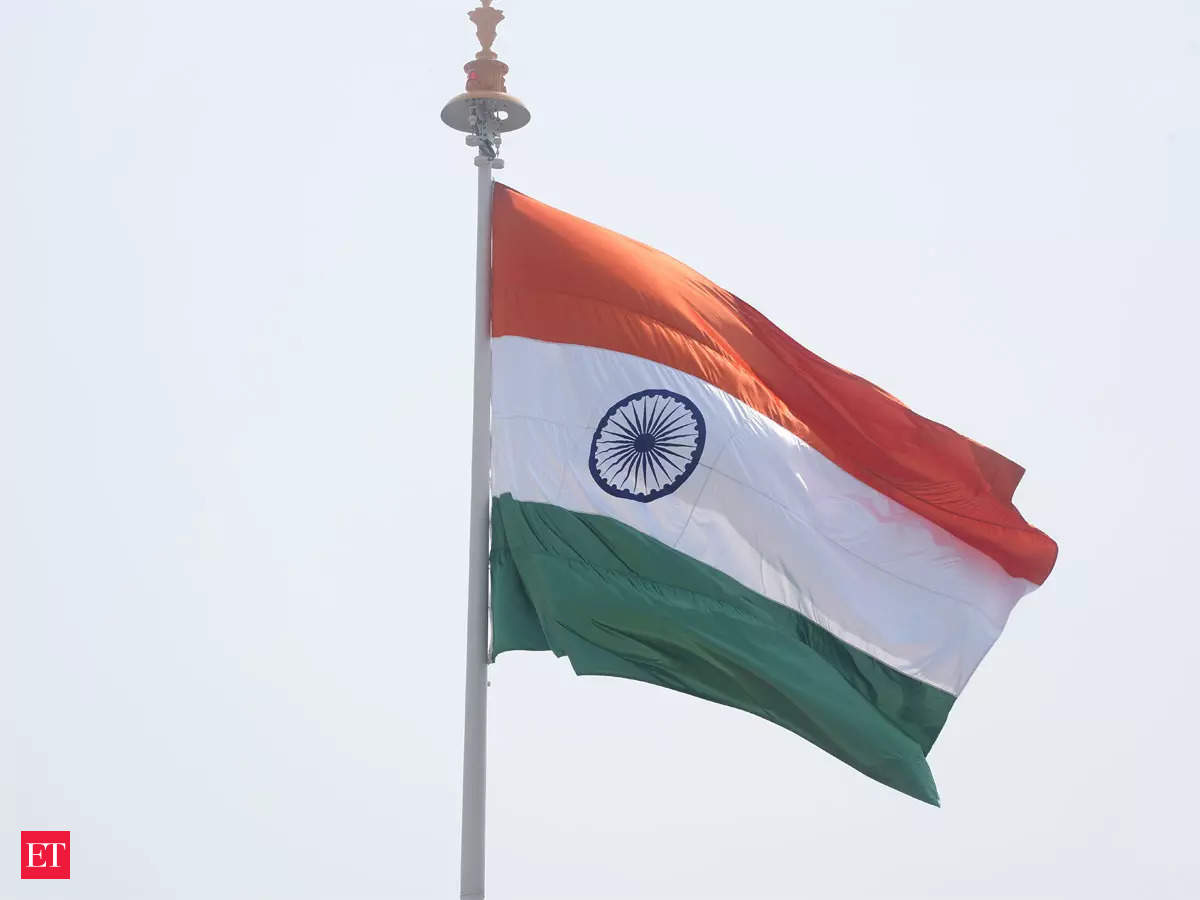Benchmarks
The Financial Action Task Force (FATF) is an intergovernmental organization that develops and promotes policies to combat money laundering, terrorist financing, and other financial crimes. The FATF publishes a list of countries that it considers to be high-risk or non-cooperative in the fight against financial crime. India has been on the FATF’s watchlist since 2010.
In September 2024, the FATF released its latest evaluation report on India. The report found that India has made significant progress in strengthening its anti-money laundering and combating the financing of terrorism (AML/CFT) framework. However, the report also identified several areas where India needs to make further improvements.
Key findings of the FATF report
- India has developed an effective AML/CFT framework in many respects.
- India needs to strengthen its prosecution efforts in money laundering and terror financing cases.
- India needs to enhance its protection of the non-profit sector from potential exploitation for terrorism.
- India’s main sources of money laundering originate from within the country, from illegal activities committed within the country.
- India faces “disparate” range of terror threats, most significantly from ISIL (Islamic State or ISIS) or AQ-linked groups (Al Qaeda) active in and around Jammu and Kashmir.
Recommendations of the FATF report
- India should expedite its prosecutions in financial fraud cases.
- India should enhance its protection of the non-profit sector from potential exploitation for terrorism.
- India should continue to strengthen its AML/CFT framework in line with the FATF’s recommendations.
Conclusion
The FATF’s latest evaluation report on India is a mixed bag. The report acknowledges that India has made significant progress in strengthening its AML/CFT framework. However, the report also identifies several areas where India needs to make further improvements. The FATF has made a number of recommendations to India, and it will be important for India to implement these recommendations in order to improve its AML/CFT regime and to avoid being placed on the FATF’s blacklist.
